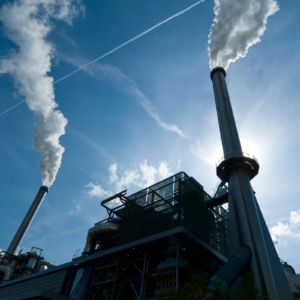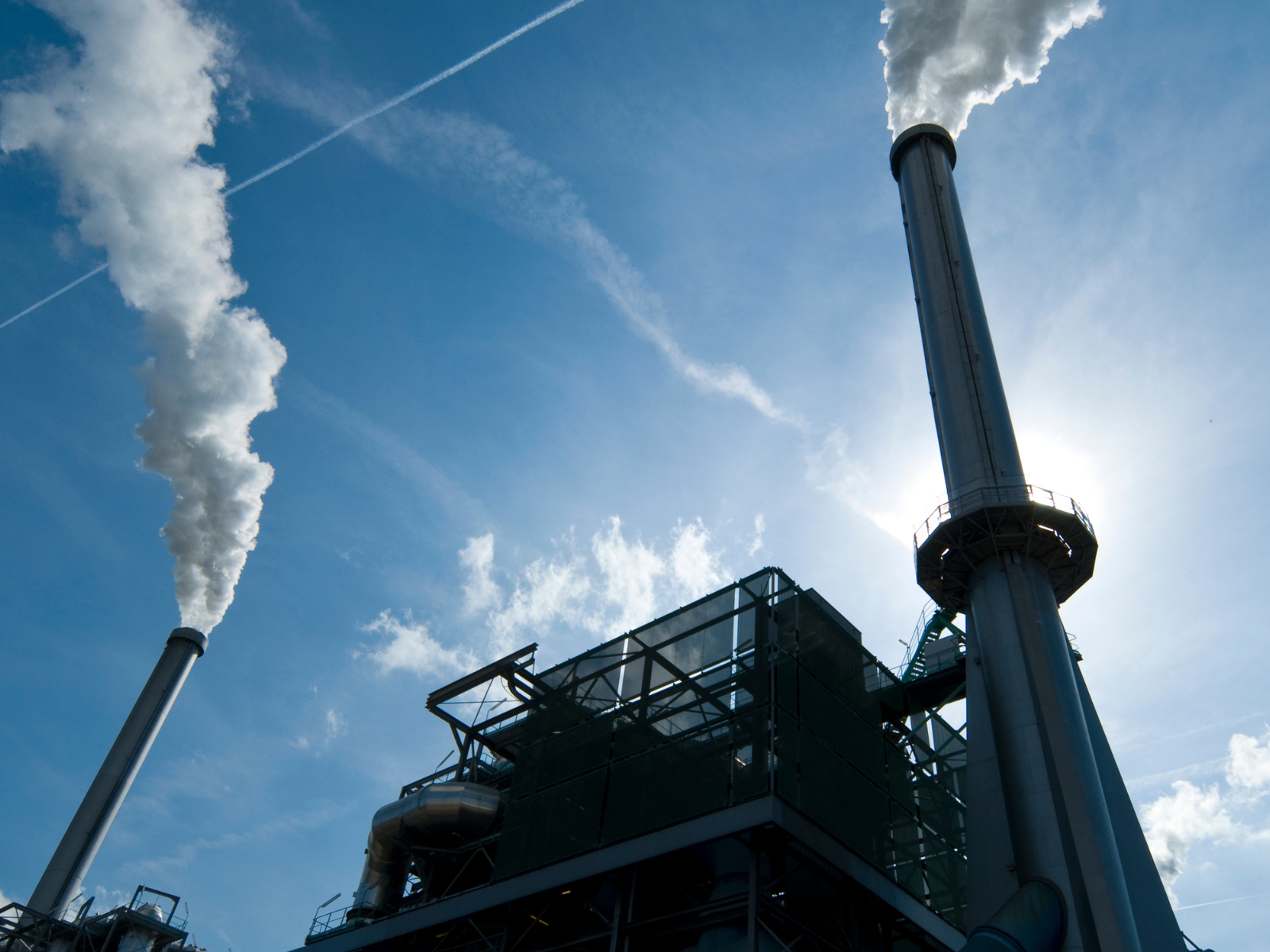Waste Incineration: The impact of Emission Trading Scheme
Emission Trading Scheme Impacts Waste Industry
Energy from Waste (EfW) operations will join the Emission Trading Scheme (ETS) in 2028. This inclusion covers the burning of fossil materials by all waste incinerators and establishes a deadline for a significant increase in disposal cost for waste producers that fail to improve their waste management practices.
The Inclusion of EfW within the UK Emission Trading Scheme (ETS) is being driven by the UK Emission Trading Scheme (ETS) Authority (comprising the Scottish Government, Welsh Government, the Department of Agriculture, Environment and Rural Affairs for Northern Ireland, and UK Government), with the stated aim to “decarbonise the sector by providing an incentive for industry to adopt decarbonisation technologies”
Waste transfer stations face the challenge of adopting alternative processing methods as well as finding alternative disposal routes for residual waste. This helps reduce their exposure to increased costs. The reality is that this this is unlikely and the burden will fall to the waste producer.

Developing effective processes
Developing new, cost-effective processes to segregate, store, and transport additional waste off-take routes will be important for producers of waste. This will help them avoid the inevitable increase in waste costs. Processing waste appropriately, rather than incinerating it, helps reduce overall waste costs and supports a lower carbon footprint.
The Emission Trading Scheme ETS is part of the government’s move to drive further waste segregation and is set to be as ground breaking as the introduction of the landfill tax in 1996. If gate fees to incineration facilities increase by £40 per tonne a proportion of this will pass through to the producers of waste that fail to segregate and continue to send mixed waste. Transfer stations that lack the technology to adequately separate and rely on incineration will face unsustainable financial pressure. This scenario may push some waste companies out of business as incineration becomes economically unviable.
The hope is that this will be the incentive for more and better recycling of more difficult waste streams,
Business as usual
larger material recycling facilities (MRF) with good technology will have the means to invest in additional processes and enjoy sufficient volume of these smaller waste types to manage the change. Smaller transfer stations will not be able to absorb the increased gate fees and will not be able to pass on the increased cost for fear of becoming uncompetitive. Business as usual for the next few years perhaps….
Why optimise now:
- Unlock immediate cost and carbon savings.
- Confirm disposal routes well in advance, offering reassurance.
- With a strong shift towards net zero and upcoming legislative changes, many businesses now must report on Scope 3 emissions. This necessitates minimal carbon emissions from their waste.
- We also must consider that the government has pledged to halve the biodegradable waste sent to landfill by 2028.
- Waste export costs will rise due to the implementation of the ETS in Europe ahead of the UK.
Improved recycling and segregation: enhanced reporting
Beyond the financial pressures of incineration facilities joining the Emission Trading Scheme (ETS), the regulatory landscape imposes additional financial burdens on material recycling facilities. These burdens come in the form of changes to the regulatory landscape.
From 1st Oct 2024 Material Facilities (MF) are required to conduct input and output sampling to measure the quantities of materials that are:
- recyclable within the facility (Target)
- recyclable elsewhere (non-Target)
- non-recyclable (Non-Recyclable)
Consequently, this is placing further pressure on waste producers to provide individual segregated streams.
Recommendations
Businesses will benefit by becoming smarter and more aware of the waste they produce and how to recycle it. Segregating at the point of creation creates more options for diversion from incineration.
This proactive approach allows businesses to lower waste costs and minimise their carbon footprint. By effectively isolating and removing recyclable materials from the waste stream, companies can achieve greater efficiency and better returns. This is where expert partners, like Red Kite Recycling, can play an important role in your waste innovation. We provide free waste audits to identify inefficiencies and opportunities for improving waste processes, helping businesses to adapt to the changing landscape.


